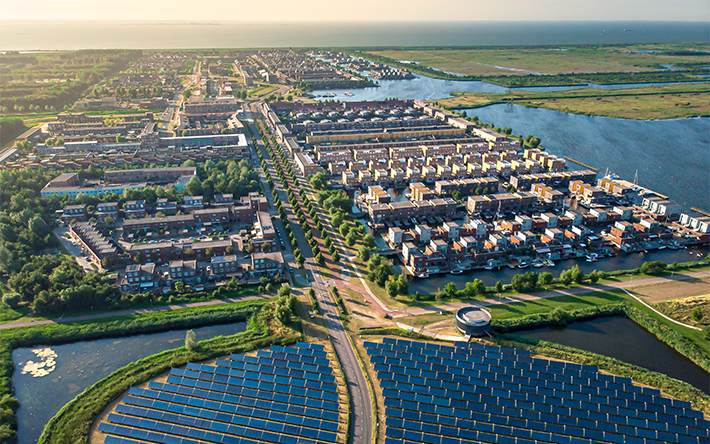
Promuovere la coesione e la convergenza sociale
La promozione della coesione e della convergenza sociale rappresenta una delle sei attività principali del programma di lavoro di Eurofound per il periodo 2021-2024. Eurofound continuerà a operare come centro di competenza per il monitoraggio e l’analisi delle principali tendenze e dei fattori determinanti per raggiungere una convergenza verso l’alto delle condizioni di vita e di lavoro nonché per rafforzare la coesione economica e sociale nell’UE. La pandemia di COVID-19 rappresenta una sfida senza precedenti per la resilienza economica e sociale dell’UE, evidenziando la fragilità di qualsiasi progresso nei modelli di convergenza già raggiunti.
Nei prossimi quattro anni, Eurofound fornirà un’importante panoramica delle sfide e delle prospettive nel settore della coesione e della convergenza sociale nell’UE, contribuendo a garantire che le sue economie e società siano resistenti agli shock futuri. La Fondazione svilupperà ulteriormente il lavoro degli anni precedenti sul tema della convergenza verso l’alto, ponendo particolare enfasi sul potenziale aumento di nuove disuguaglianze tra i cittadini e su come affrontare le crescenti sfide alla coesione sociale causate dalla crisi. L’Agenzia riferirà regolarmente sulle tendenze in materia di convergenza verso l’alto nella dimensione socioeconomica nonché nelle dimensioni delineate nel pilastro europeo dei diritti sociali a livello di Stati membri e di regioni, facendo al contempo un raffronto tra l’UE e gli altri paesi sviluppati.
Nel valutare i fattori trainanti e le implicazioni della convergenza economica e sociale, Eurofound presterà attenzione a una serie di fattori: investimenti sociali, mobilità e quadri istituzionali, regolamentazione, sistemi previdenziali, qualità istituzionale e servizi pubblici , dialogo sociale e riforme strutturali. La ricerca esaminerà l’efficacia della risposta dell’UE alla pandemia per la convergenza economica e sociale. Prenderà inoltre in considerazione la situazione nell’area dell’euro concentrandosi sul ruolo dei processi di relazioni industriali nell’influenzare la convergenza.
Eurofound analizzerà le tendenze e i motori trainanti della coesione sociale nell’Unione europea, esaminando in particolare come la pandemia di COVID-19 abbia accentuato le disuguaglianze esistenti o ne abbia innescate di nuove, che interessano categorie specifiche di cittadini o la società in senso più ampio. L’analisi si concentrerà sulle disparità economiche, sociali e sanitarie, sia nel mercato del lavoro che in termini di accesso e qualità di beni e servizi cruciali come l’ assistenza sanitaria , gli alloggi, l’istruzione e la protezione sociale . Si studierà il legame tra disuguaglianze, fiducia istituzionale e malcontento. Tra gli atri settori di interesse figurano la migrazione , l’integrazione e le tensioni sociali.
I risultati della ricerca che emergeranno da questa attività contribuiranno al lavoro dei diversi servizi della Commissione europea e del Comitato per l’occupazione (EMCO), del Comitato per la protezione sociale (CPS), del Comitato economico e finanziario (CEF), del Consiglio e del Parlamento europeo, anche in relazione al semestre europeo.

























